

Following up on my previous article exploring the successes of RuneScape‘s questing system, I think the true triumph of the game’s design can be summed up by pointing out that its quests actually acknowledge the game is an RPG. They can require that certain skills be leveled, feature lengthy travel requirements, and give rewards that uniquely affect character progression like the ability to equip certain gear or craft specific recipes. As a Redditor aptly responded in the comments to the original article:
I think another big difference is that in MMOs like World of Warcraft, you quest to level up the quickest. However in RuneScape, we level up so we can quest. This inherent difference in purpose in my opinion largely explains the need for all the filler quests in WoW, and the lack thereof in RS.
- /u/RoflCrisp
This fundamental difference of place in the progression metas of those titles shows RuneScape‘s quests filling a role reminiscent of the genre’s origins in tabletop and early digital RPGs where quests were considered to be their own form of challenge content. Quests weren’t just these obstacles the player is forced to overcome before being allowed access to the game’s endgame, but their own form of challenging and engaging content.
It’s no surprise then that RuneScape‘s quest experience hasn’t been replicated in any of the more recent MMOs. Beyond the reasons explored in my previous articles, if there’s anything game developers hate, it’s having RPG features in their game. RPG features have been slowly whittled away over the past decade as surely as water erodes soil, and not just in the MMO genre.
I’ll reluctantly admit that I’m a part of the problem here. When the Mass Effect series removed inventory management and simplified progression, I felt it made the game a lot more enjoyable. I didn’t want the RPG interrupting my story, and the simplification of those features streamlined the experience I was there to get. Skyrim is also my favorite Elder Scrolls game – please don’t hate me.
RPG features can be a chore. Managing your equipment and inventory, planning out a character build and leveling up your character enough to use it – these types of UI-intensive systems can really jar a player out of a game they were otherwise immersed in. When those titles chose to shift their emphasis away from their RPG roots towards becoming more like adventure games, the core experiences I sought to derive from them were distilled into a stronger, more focused form.

But with MMOs it’s different, because the RPG is such a fundamental part of the reason players stick around in them. I play Mass Effect for its story, world building, and amazing characters. I play Skyrim to explore its expansive world. And while MMOs may share some of those appeals, they are intrinsically based on the progression and character development systems that set RPGs apart from other genres of games; that’s what gives them their longevity, and that’s what all of their many game systems are fundamentally based on, from character specialization, to gear acquisition and progression, and even to collectible systems like mounts and pets. Even if the specific MMO’s progression is horizontal or aesthetic only, the player is still making improvements to their character that grow their attachment to the virtual world the character inhabits.
This is why when MMO developers decided to follow the trend away from RPG elements they observed occurring in other genres, their changes largely fell flat. Simplification of character builds, effectively removing travel times with increased access to teleportation, streamlining leveling via quest-chaining (as discussed in the previous article), and other failed efforts at disguising the grind inherent to RPGs have all taken away from the very experience players went there to have in the first place.
Still, the MMO remains afraid of the features inherited from its RPG forebears, and to some extent, the community is to blame. The modern MMOer hates to feel like they’re working to get anything done. Grind has been distorted from its original meaning of going to one area and killing mobs repeatedly to describe basically any feature a player finds distasteful by virtue of it requiring them to work to get through it. The development shift catering towards the instant gratification market may be unhealthy in the long term and go against the very foundations of the genre, but that doesn’t mean there aren’t gamers out there cheering them on the entire way – at least until those same players turn around and leave the game decrying its lack of content or staying power (a phenomenon noted in Prof. Richard Bartle’s excellent essay The Decline of MMOs).

The problem is that grind – in the contemporary distorted sense meaning simply having to work to unlock something – is a foundational part of MMOs stemming from the original RPG experience. Progression happens after a lot of doing, and if there isn’t progression, if you aren’t continually developing your character in some way, then the game simply isn’t an RPG. Working to progress is the defining difference between an RPG and say, an adventure game, and it’s what keeps players attached to their characters in an MMO’s virtual world. It’s what keeps them from leaving. It’s what keeps so many players invariably going back to their characters in World of Warcraft after short stints into its competitors at every new MMO release. The continued development of our persistent in-game avatars is the very core of the MMO experience, and every time a developer dilutes RPG features that would reward that development, we get just a little bit less invested in their game.
RPGs have always been an exceptionally wonkish venture, even by gaming standards, with MMORPGs traditionally making up the greatest among them in that respect. The genre has been in decline since its decision to reject that foundational quality. MMOs are a gloriously wonkish mess, and branding themselves as anything different would be akin to a car company telling its consumers their product is for some function other than transportation. The proffering of rewards to players who work hard for them is the cornerstone of the MMO experience, and I’m not sure that this particular RPG feature is something the genre can afford to “streamline” out.
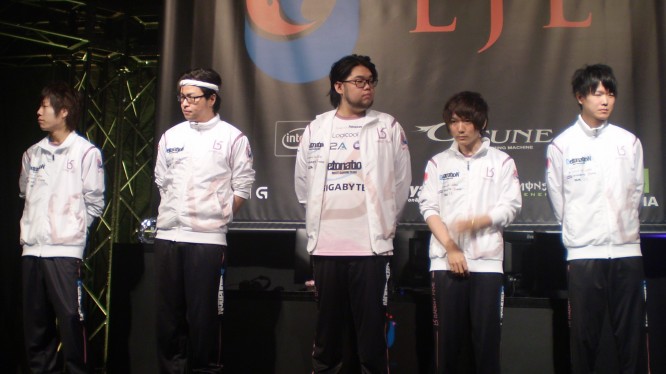

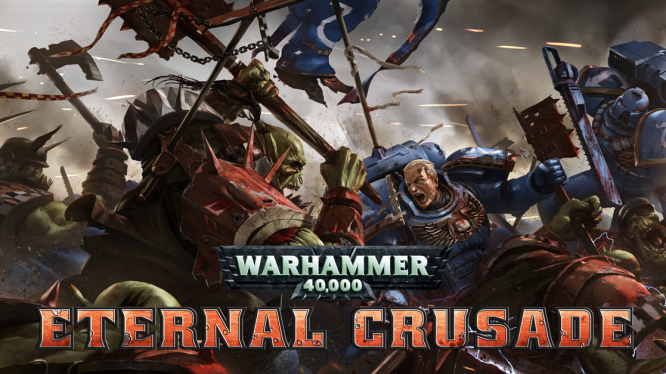
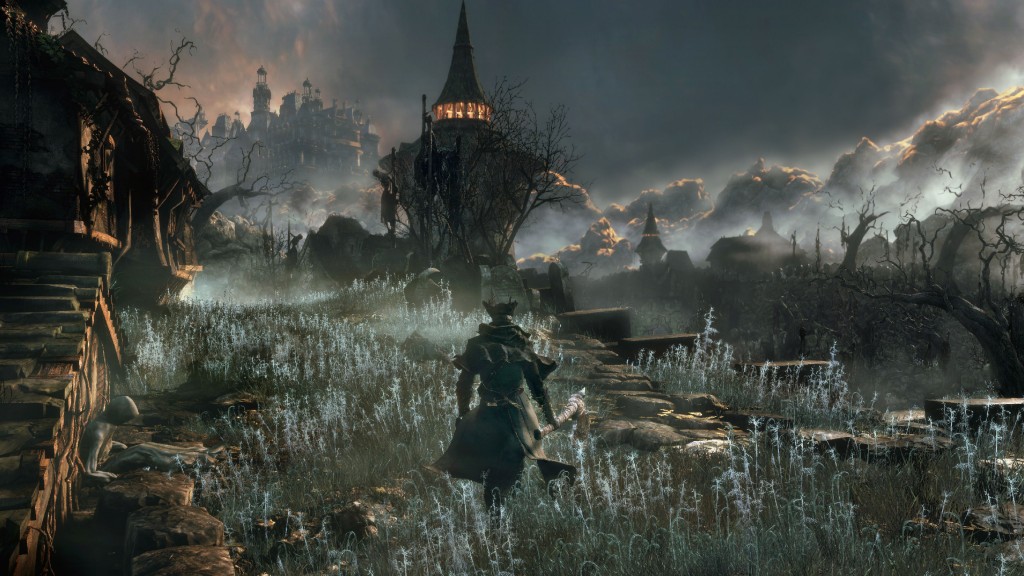
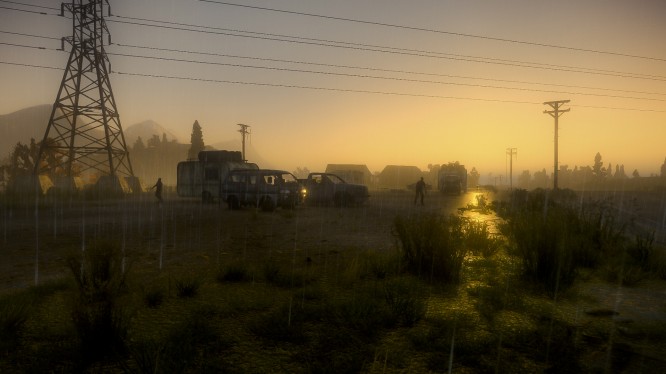 Beta Data: January 23, 2015 .
Beta Data: January 23, 2015 .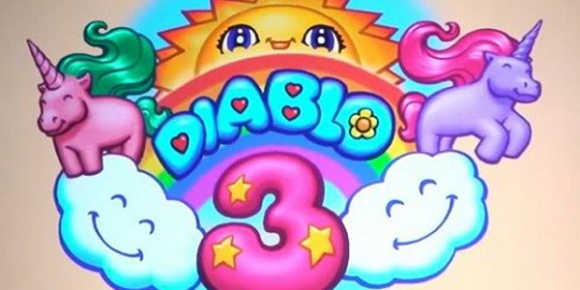 MMOGuides: Diablo 3 Secret Pony Level - Whimsyshire
MMOGuides: Diablo 3 Secret Pony Level - Whimsyshire Beta Data: February 13, 2015 .
Beta Data: February 13, 2015 .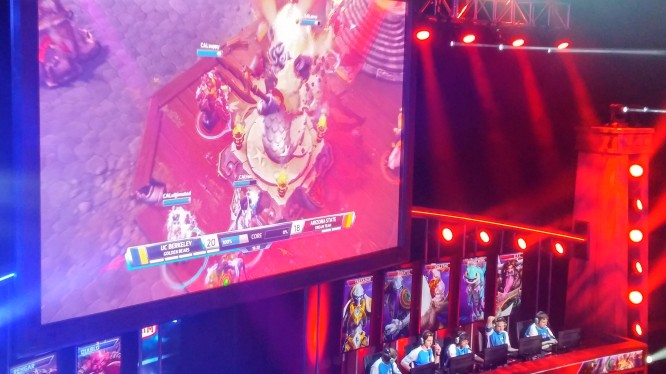 Versus: eSports vs Sports .
Versus: eSports vs Sports .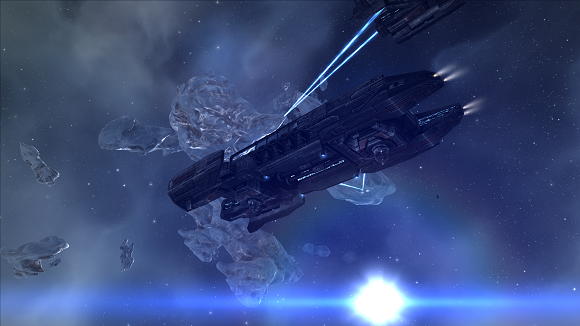 Eve Online Beginner's Guide - Part 3 (Choosing a Focus)
Eve Online Beginner's Guide - Part 3 (Choosing a Focus)